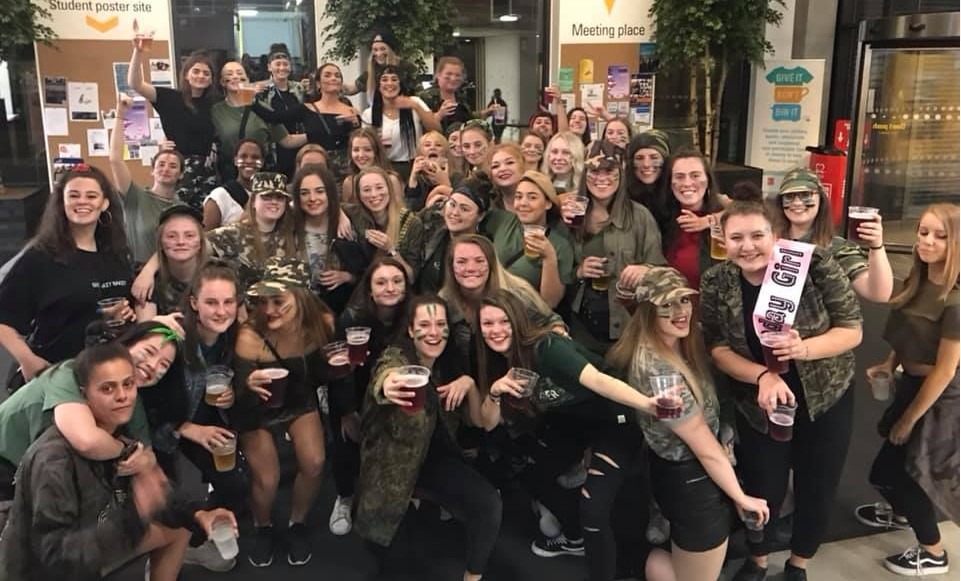
Volunteers are cementing their value in society. After the call for NHS volunteer responders was made by the government, five people per second enlisted to volunteer.
Volunteers from across local councils and community groups have not been shying away from COVID-19. In fact, they have more than risen to the occasion, by offering their support to those most vulnerable and keyworkers – despite the increased risk of being exposed to COVID-19 themselves.
The community at the heart
Communities and councils have been working together throughout COVID-19 in order to provide help to those most at risk. Since the start of the virus 2,700 grassroots groups have formed with a total of 2.5 million group members – these figures are increasing daily. Volunteers in the community have signed up to these groups to help deliver food and amenities. Figures like this really show the power of human resilience and determination to make the world a better place even in the darkest of times, which we find ourselves in now.
Find volunteering groups near you
For prospective volunteers who are seeking roles in their local community, it would be well worth your while looking at Covid-19 Mutual Aid UK. This organisation has been responsible for coordinating the many volunteering groups which have risen all across the UK. Their website displays a map which contains various known local volunteering groups. The site also allows you to add your own volunteering group by connecting your own group’s social media channels and website.
Clap for our NHS workers
#ClapForOurCarers was a brilliant community effort from all across the UK. With people showing they’re appreciation for those working non-stop during this pandemic, with masses of applause from balconies, gardens, front doors and windows.


Common uncertainties facing communities
Despite many communities having many enthusiastic volunteers, some uncertainties still lie when volunteering during this pandemic.
Firstly, you can leave your house to volunteer to provide help to those vulnerable, providing volunteering can not be done from home. But if you fall into the high-risk category, being over 70 or having health conditions please try to find volunteering opportunities from home via the computer or telephone.
You haven’t got to be a superhero to help out so don’t be afraid of not knowing what to do at first. But at the same time don’t feel pressured to volunteer, it is optional and you should only volunteer if you want to.
You don’t even have to sign up to anything to be a good person, you could easily keep an eye out in your neighbourhood. Perhaps you know of an elderly person who lives around the corner, it wouldn’t hurt for you to check if they’re ok. Or maybe an NHS worker lives nearby and doesn’t have time to get food in for themselves after work, perhaps you could grab something for them while your shopping yourself? These little things may not seem like traditional volunteering but you are making a difference and having a positive impact on someone else’s life with nothing in return, so maybe you can volunteer without even knowing.
Stay safe, stay positive we can overcome this together





















